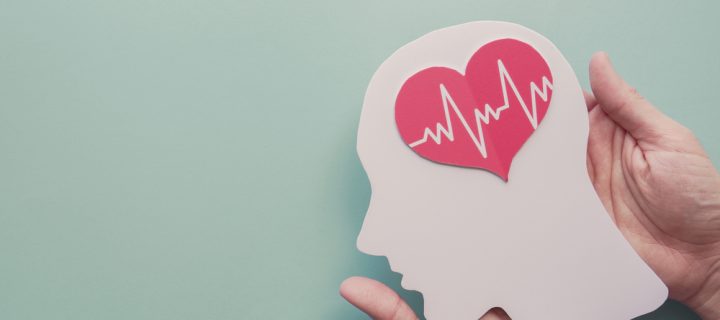Avez-vous du Grey Poupon? Feliz Navidad?
If you speak more than one language, science says that now, not only can you order special mustard for your sandwich in France and wish your Spanish-speaking relatives and friends a merry Christmas with ease, but you also likely would recover much better from a stroke, should you have one, than your neighbor who only speaks one language.
C’est fantastique, oui?
A study done by researchers in the UK looked at more than 600 stroke patients in Hyderabad, India, and found some staggering statistics.
Up to 40% of bilingual patients in the study recovered their normal cognitive function following a stroke, compared with only 20% of patients who only spoke one language.
And even when researchers took into account variables like as smoking, high blood pressure, diabetes, and age, the results were consistent.
Patients were examined to see how well their cognitive functions like memory, attention, and visuospatial skills were recovered.
Sounds like a great reason to keep speaking multiple languages or start enrolling in a language course-but why the mysterious magic?
Apparently, if you are bilingual, you are like a gym rat lifting barbells in your mind as you are constantly doing brain exercises.
Thomas Bak, a professor at the University of Edinburgh and a co-author of the study explains it all:
“Bilingualism makes people to switch from one language to another, “ he states, “so while they inhibit one language, they have to activate another to communicate. This switching offers practically constant brain training which may be a factor in helping stroke patients recover.”
Sounds great. Salud! A una mente sana-here’s to a healthier mind!
Photo credit: SewCream/Shutterstock












